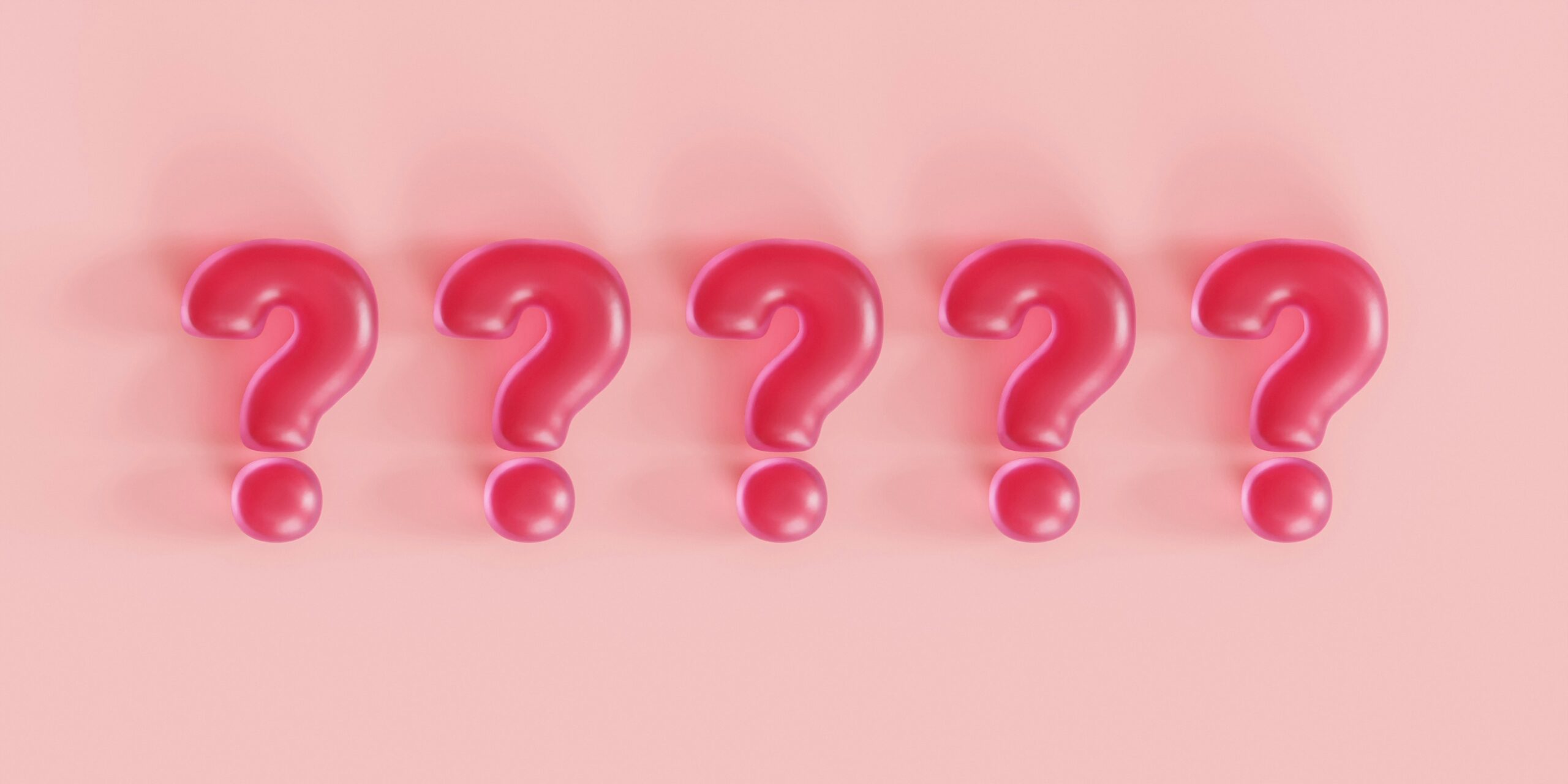
Have you ever found yourself lost in a rabbit hole of random facts—like learning that dolphins have names or that wombat poop is cube-shaped? Even though these details don’t significantly impact our daily lives, they capture our attention and remain in our memory. But why? Why does our brain seem to love storing “useless” information? The truth is, trivia isn’t useless at all. It reveals how our minds work, what drives our curiosity, and how we connect with others.
Curiosity: The Brain’s Reward System in Action
At the heart of trivia’s appeal is curiosity. When you hear an interesting question—say, “Which animal can sleep for three years?”—your brain lights up with anticipation. You want to know the answer. This desire for knowledge activates the brain’s reward centers, particularly the caudate nucleus and hippocampus. When you finally hear the answer (it’s a snail, by the way), your brain releases dopamine, making you feel satisfied and happy.
That pleasant reward teaches your brain to seek out more facts. Over time, you start chasing that tiny thrill again and again, whether through trivia games, documentaries, or random online searches. Learning new things becomes addictive in a healthy way, fueling the endless cycle of curiosity and reward.
The Social Power of Sharing Random Knowledge
Trivia isn’t just personal entertainment—it’s social glue. When you share a cool fact during a conversation, you instantly become more engaging. It helps break the ice, spark laughter, and even build bonds. This is one reason trivia nights are so popular. They combine learning, teamwork, and competition in a fun, social setting.
In fact, studies in social psychology show that people who share interesting or unexpected facts are often seen as more likable and intelligent. Our brains evolved to value good storytellers and communicators, so trivia naturally boosts social status. It’s a small but meaningful way to stand out in a crowd.
The Memory Mechanism: Why Trivia Sticks So Well
Ever wonder why you can easily remember that penguins propose with pebbles but forget your coworker’s birthday? The secret lies in how we encode and retrieve information. Trivia usually comes with surprise, humor, or emotion—all of which help memory stick.
When something surprises you, your brain releases norepinephrine, which strengthens the memory trace. Humor works similarly by adding emotional context. That’s why quirky or funny facts are easier to recall than dry data. Your brain prioritizes what it finds emotionally engaging, even if it’s technically useless.
Cognitive Benefits of Trivia
Learning trivia also sharpens your mind in subtle ways. Every time you recall a fact, you strengthen neural pathways, improving memory and cognitive flexibility. Trivia challenges encourage you to make quick associations, process information efficiently, and think critically.
People who regularly play trivia games or quizzes often show better mental agility. It’s a low-pressure form of brain exercise, keeping your mind active and alert. Plus, the constant exposure to new ideas and topics broadens your general knowledge, which can improve creative thinking and problem-solving.
The Comfort of Control in a Chaotic World
Trivia also provides emotional comfort. In a fast-paced, uncertain world, small pieces of clear, concrete knowledge offer a sense of control. Knowing that sharks existed before trees, for example, reminds us of the continuity of life and our connection to the natural world.
That little spark of understanding can make a big psychological difference. It’s proof that learning—even small, random bits of it—can create stability and joy in our daily lives. Trivia gives us a way to engage with the world without stress or obligation.
Why “Useless” Facts Aren’t So Useless After All
Calling trivia “useless” misses the point. While it may not help you pay your bills or solve big problems, it enhances your emotional well-being, sharpens your thinking, and strengthens your relationships. Trivia trains your brain to find joy in curiosity itself.
That mindset can spill into other areas of life, making you more open to learning, adaptable to change, and appreciative of small wonders. In a way, trivia teaches us how to love knowledge for its own sake—a rare and valuable skill in an age of information overload.
How to Make the Most of Your Trivia Habit
If you enjoy collecting fun facts, you’re already boosting your brain health. But to make it even more rewarding, try these tips:
- Play trivia games regularly. They keep your mind sharp and your mood upbeat.
- Share facts with friends or family. It strengthens social bonds and makes learning more enjoyable.
- Mix up your topics. Explore science, art, history, or pop culture to expand your worldview.
- Turn trivia into mindfulness. Instead of mindlessly scrolling, savor the moment of discovery when you learn something new.
Every small piece of knowledge you gather adds a spark to your day. So the next time you learn that sloths can hold their breath longer than dolphins, don’t dismiss it as useless. It’s your brain celebrating the joy of learning—one fact at a time.